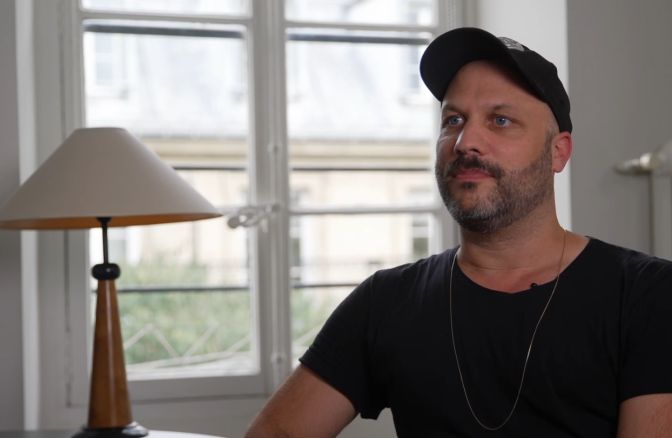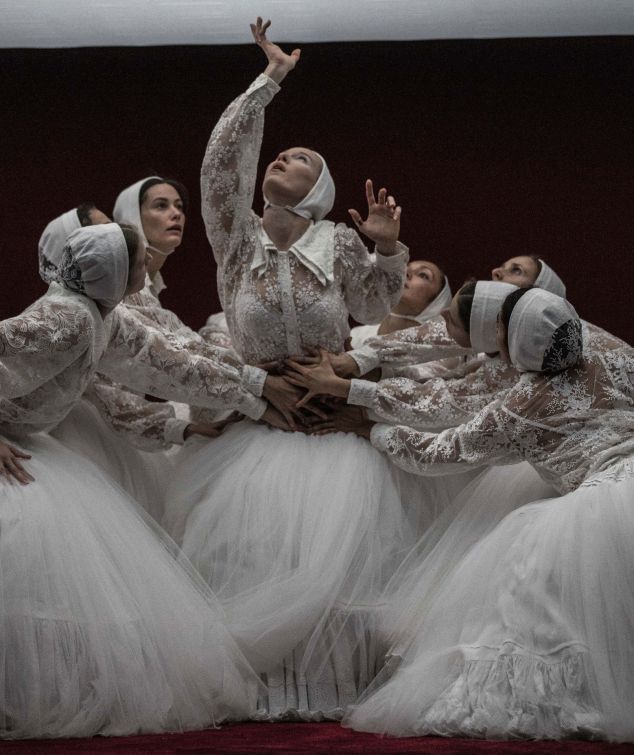Moses and Pharaoh
- An opera by
- Gioachino Rossini
- Conductor
- Director
The Lyon Opera Orchestra and Chorus
- Dates Jan 20 - Feb 1, 2023
- Rates From 10€ to 110€
- Location Opéra de Lyon
- Running Time 3h40, including 2 intervals
In a few words
Moses and Pharaoh, a major work by Gioachino Rossini, revisits a timeless theme. Have exiles and migrants ever stopped since the mythical time of the Exodus? Following its premiere at the Aix-en-Provence Festival, this new production is now coming to Lyon.
Introductory
Cast
More images
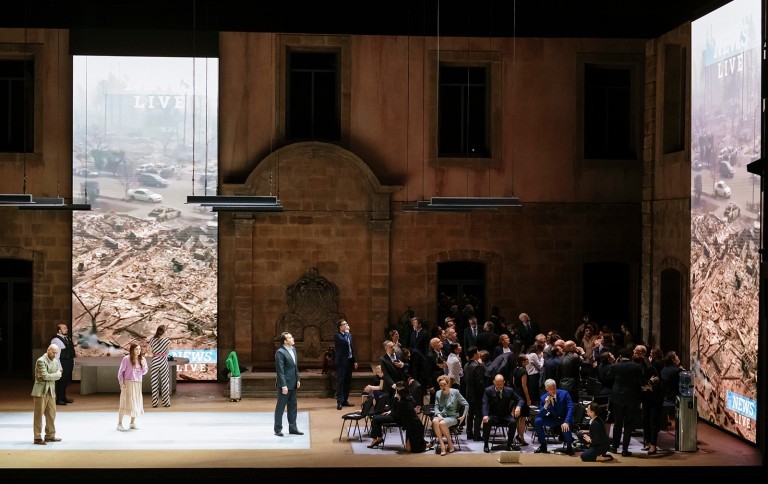
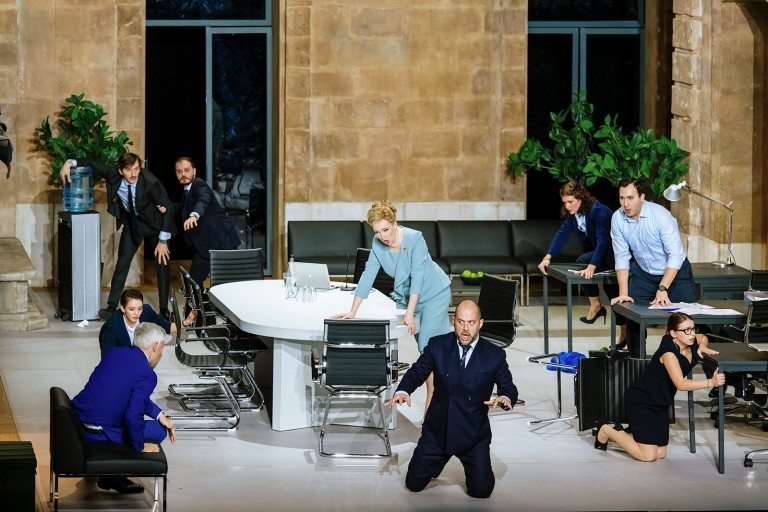
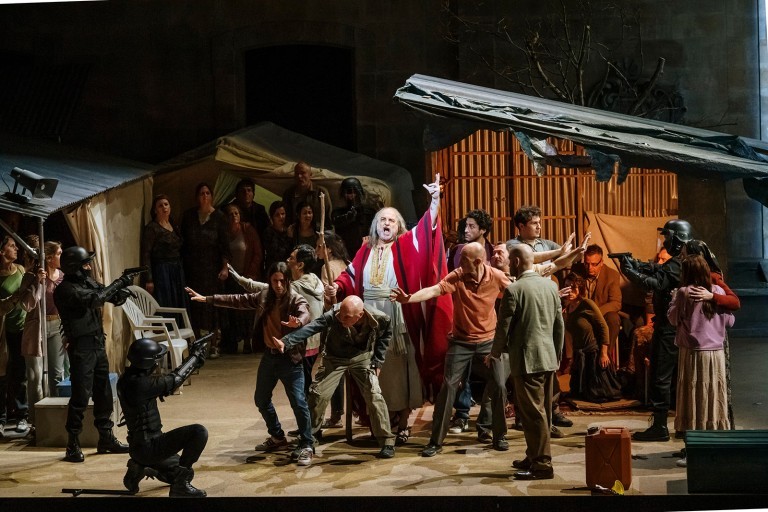
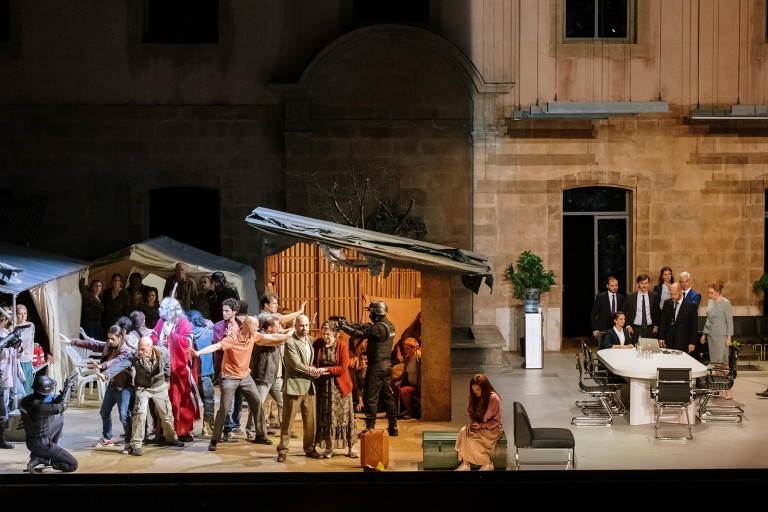
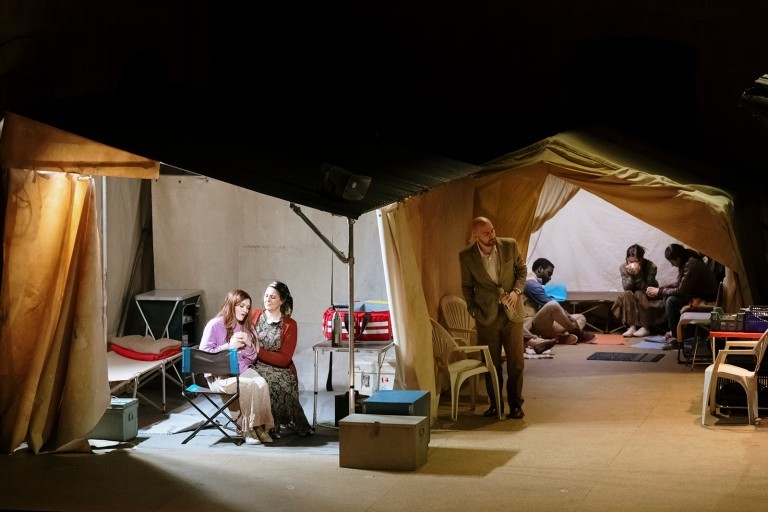
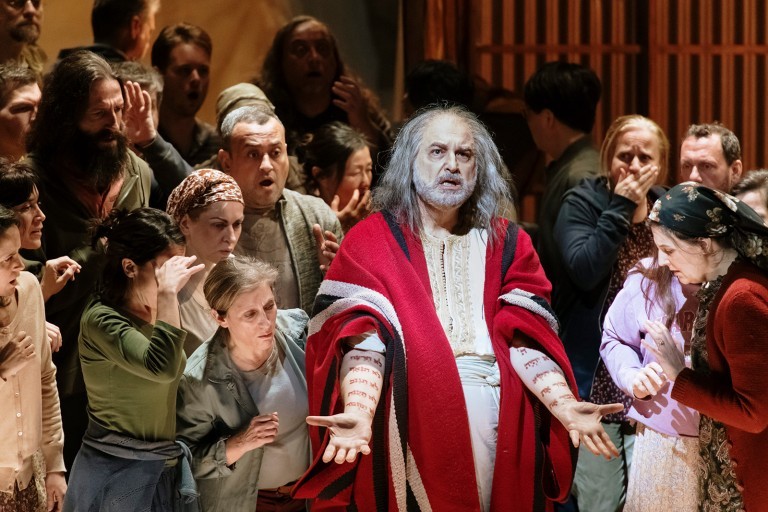
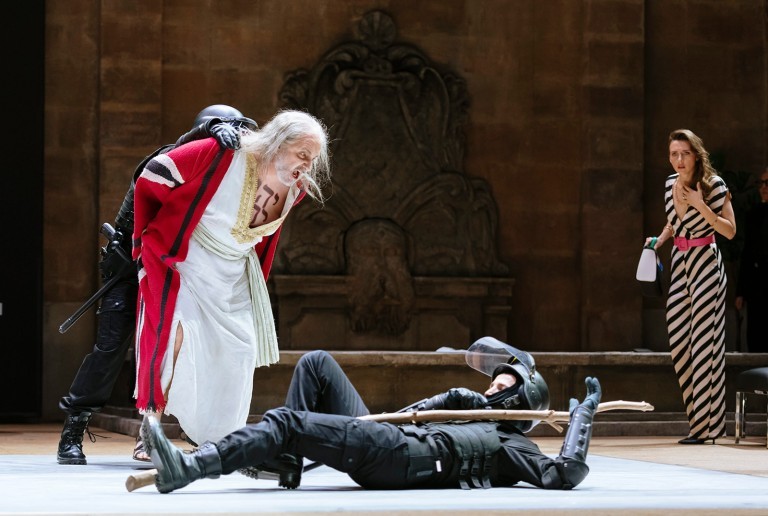
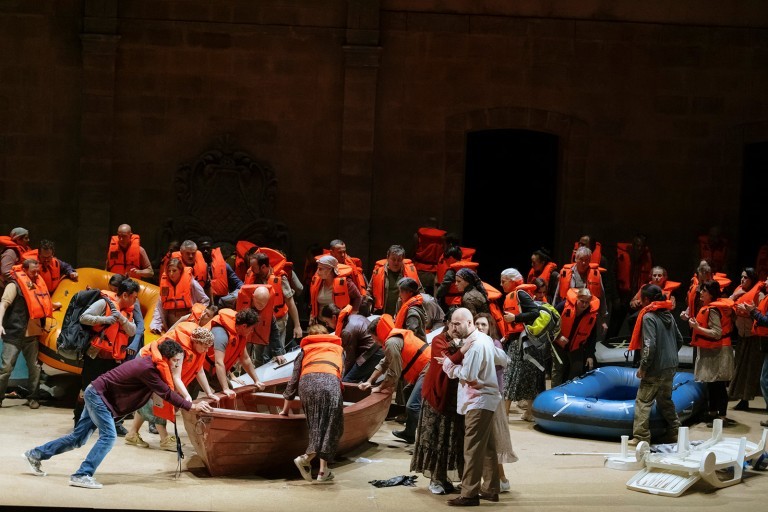
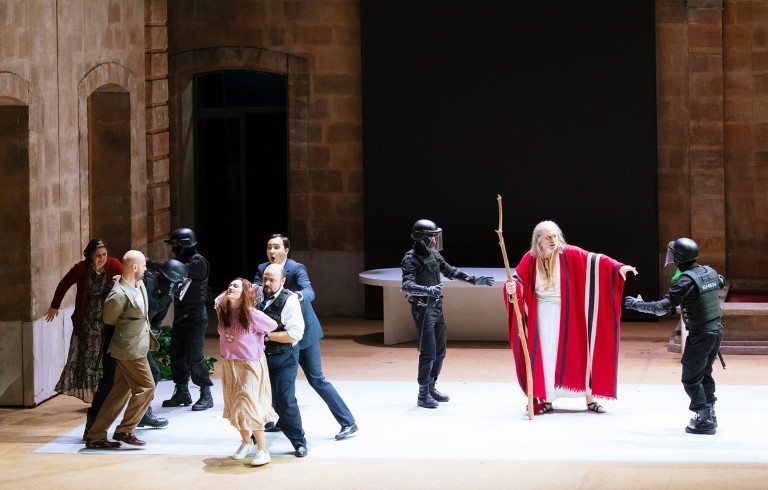
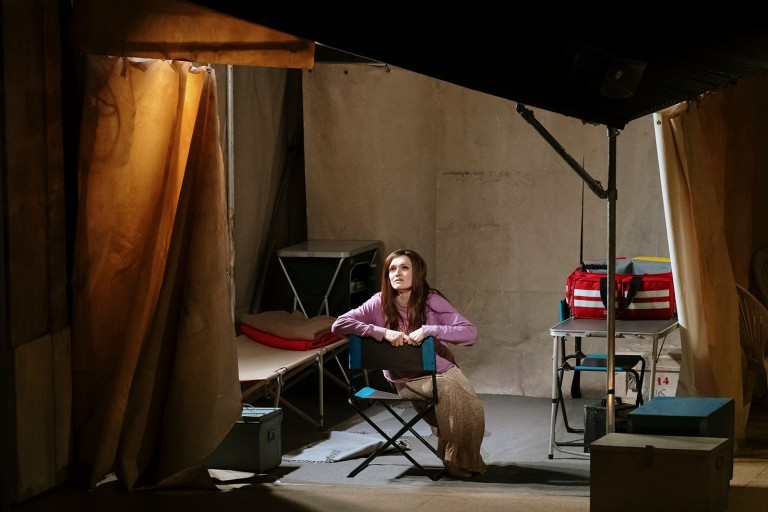
See, Listen, Read
About the show
You may also like
Soutenir l'Opéra
Engagez-vous et contribuez à la concrétisation de ses missions et de ses projets
